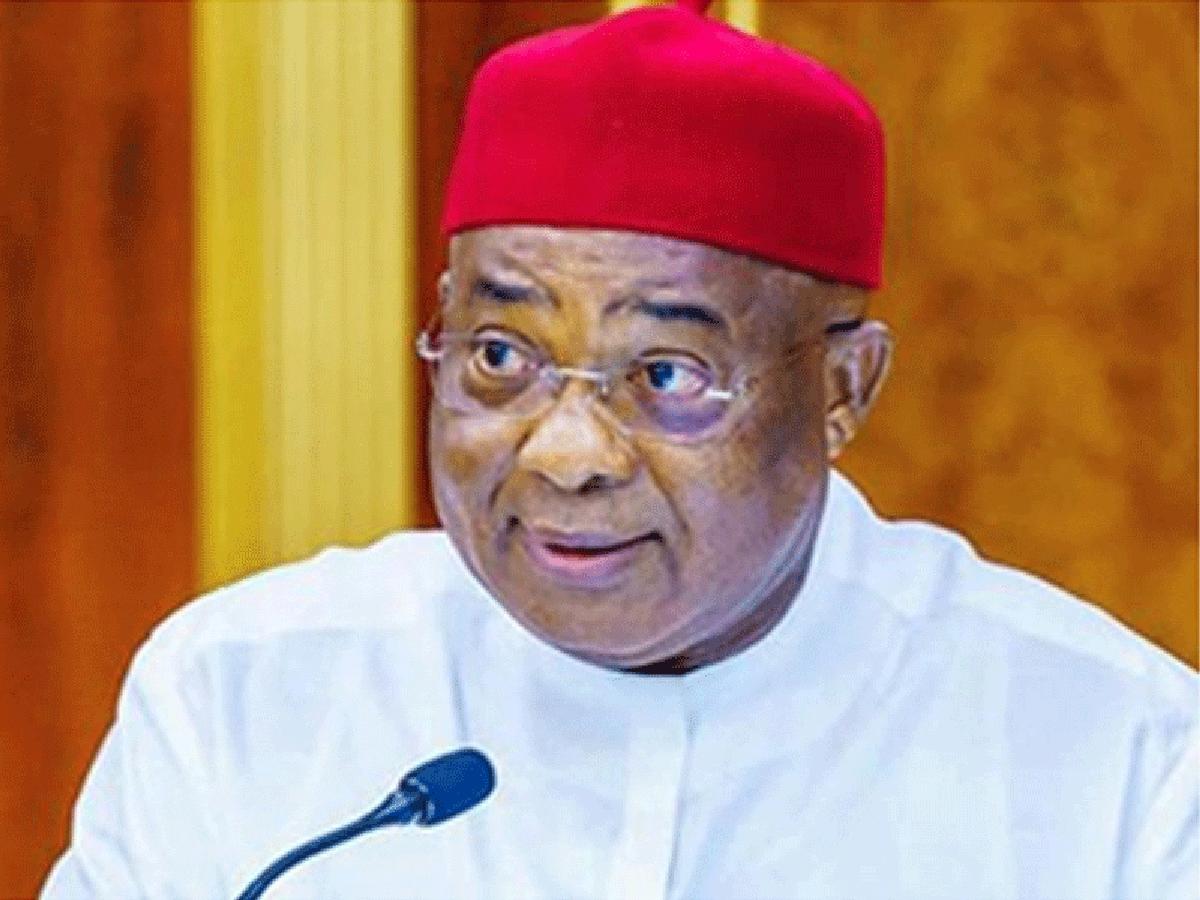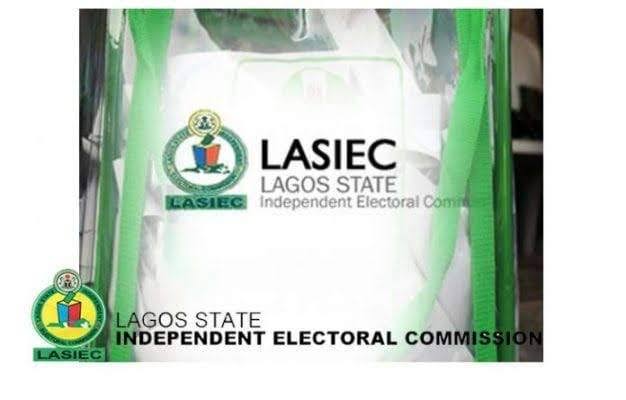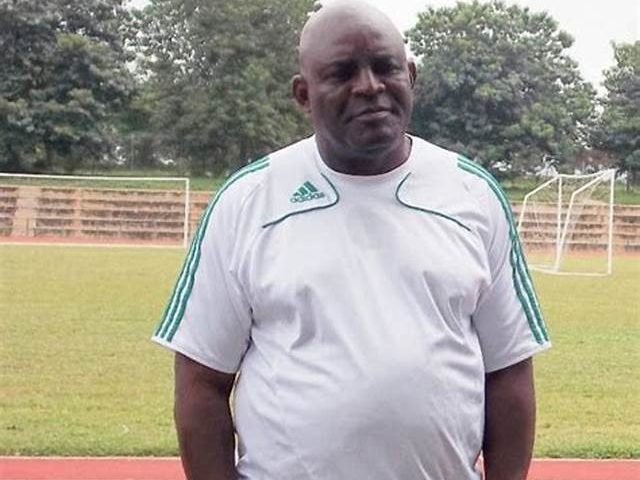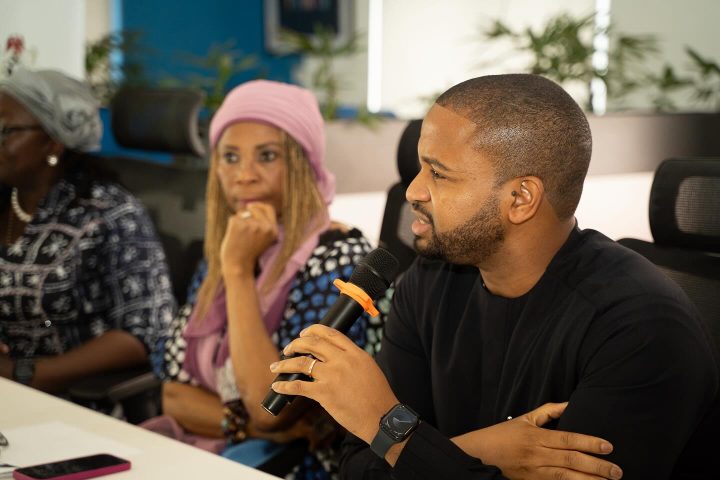Human Rights Writers Association of Nigeria (HURIWA) has charged the Imo State governor, Hope Uzodimma, to comply with constitutional provisions regarding the appointment of the acting Chief Judge of the state by allowing the National Judicial Council (NJC) to play its own part in reaching a final determination.
HURIWA faulted the conclusion drawn by the Imo State governor that the three most senior judges in Imo State’s judiciary were not appointable due to unspecified impediments, which made the Imo State chief Executive to reach out for the fourth most qualified Judge as acting Chief Judge.
Join our WhatsApp ChannelIt said such move is defective because if the three most senior judges bypassed by him were not competent to be acting Chief Judge it therefore follows that they are also not qualified to be judges on the bench since the Constitution stipulates that a lawyer must first become a judge before being qualified for elevation to the high office of the first amongst equals as the Chief judge or even acting Chief Judge of a state.
HURIWA argued that since Governor Uzodinma deemed the three most senior judges competent to remain as judges, it follows that they are equally qualified to be acting CJ or substantive Chief Judge of Imo state.
READ ALSO: Change Of Guard: How Single Vote Edged Out Amaju Pinnick From FIFA Council
The rights group recalled that NJC had said it didn’t approve the appointment of Justice Theophilus Nzeukwu as the Acting Chief Judge of Imo State.
While disassociating itself from the appointment, the NJC said Nzeukwu ranks fourth in the hierarchy of judges in the state.
In a statement signed by its Deputy Director of Information, Kemi Ogedengbe, in Abuja on Friday, the Council stated that although it received a letter from Governor Hope Uzodimma requesting approval for Nzeukwu’s appointment, the NJC has yet to consider the request.
The Council urged the general public to note that it was not a party to the purported appointment.
The statement read: “The attention of the Council has been drawn to reports that the Governor of Imo State, His Excellency, Senator Hope Uzodimma, CON, has purportedly appointed Hon. Justice Theophilus Nnamdi Nzeukwu — who is No. 4 in the seniority hierarchy of judges in the Imo State High Court — as the Acting Chief Judge of the state, following the recent disciplinary action taken against the former Chief Judge.
“The National Judicial Council, by this press release, wishes to clarify to the public that the Governor of Imo State had earlier written to the Council seeking approval to appoint Hon. Justice Theophilus Nnamdi Nzeukwu as Acting Chief Judge, despite his position in the judicial hierarchy.”
The NJC noted that although the governor outlined reasons why the first three senior judges were, in his view, not suitable for the role, the Council had not yet taken a position on the matter.
READ ALSO: Judiciary: Enforcing Ethics To Curb Corruption
HURIWA which backed the NJC stated that since the Imo state governor had already filed a petition before the NJC identifying factors for disqualifying the other three most senior judges as his reason for bypassing them, the governor can’t be a prosecutor and a judge in his own vase and can’t approbate and reprobate unless he allows the constitutionally empowered body such as the NJC to reach a determination before the governor can proceed.
HURIWA expressed disappointment and anger that the Imo State judiciary has been in the news for some time due to bad publicity, just as the Rights group urged the governor to do the right thing so as to shield the Imo State Judiciary from continuous opprobrium and image fiasco.
In a statement signed by its National Coordinator, Comrade Emmanuel Onwubiko, HURIWA stated that the powers of the governor to make such appointment of acting Chief Judge or substantive Chief Judge are contingent on the buy-in of the National Judicial Council, empowered to approve or make judicious recommendations to the governor as specified in Chapter 7. Part 2. Section 271 of the Grundnorm, which is on the appointment of the Chief Judge and Judges of the High Court of a State.
Other aspects of the section are: (1) The appointment of a person to the office of Chief Judge of a State shall be made by the Governor of the State on the recommendation of the National Judicial Council, subject to confirmation of the appointment by the House of Assembly of the State.
(2) The appointment of a person to the office of a Judge of a High Court of a State shall be made by the Governor of the State acting on the recommendation of the National Judicial Council.
(3) A person shall not be qualified to hold the office of a Judge of a High Court of a State unless he is qualified to practice as a legal practitioner in Nigeria and has been so qualified for a period of not less than ten years.
(4) If the office of Chief Judge of a State is vacant or if the person holding the office is for any person unable to perform the functions of the office, then until a person has been appointed to and has assumed the functions of that office, or until the person holding the office has resumed those functions, the Governor of the State shall appoint the most senior Judge of the High Court to perform those functions.
(5) Except on the recommendation of the National Judicial Council an appointment pursuant to subsection (4) of this section shall cease to have effect after expiration of three months from the date of such appointment and the Governor shall not re-appoint a person whose appointment has lapsed.

















